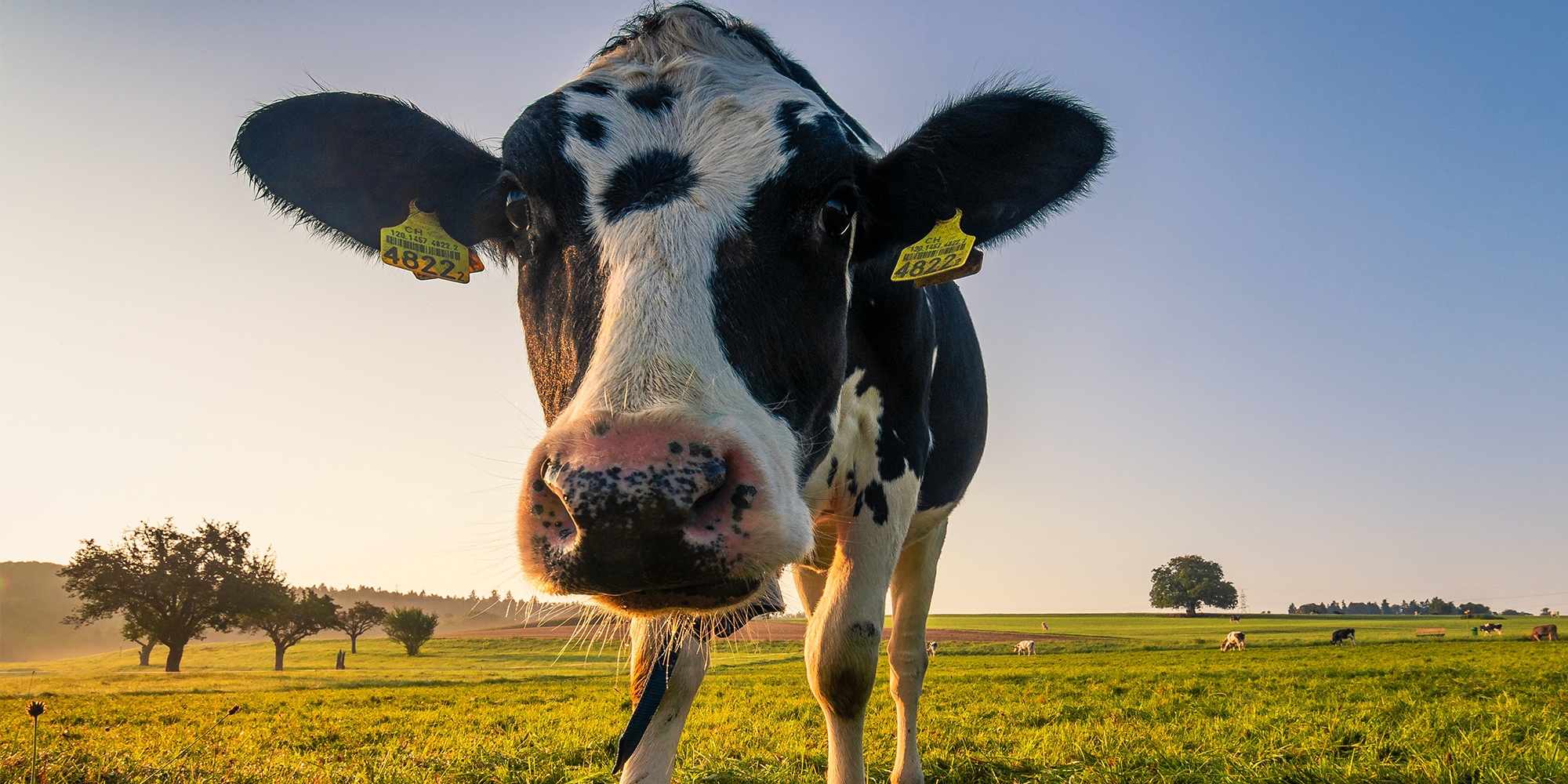
Dairy farming: private equity’s next cash cow?
You only need start an episode of Clarkson’s Farm and you’ll soon pick up some of the immense challenges facing farmers across rural Britain today – longstanding issues with supply, distribution and pricing have been propelled by the pandemic, complicated by Brexit, accelerated by the war in Ukraine, and intensified by the cost-of-living crisis. Nevertheless, there are significant and exciting opportunities for growth which make UK agriculture an attractive prospect for investors.
According to the 2022 Agrifoodtech Investor Report, $57.1 billion was invested in agrifoodtech companies in 2021, an increase of 85% on the previous year. 2021 also saw the UK’s highest ever deal flow with UK-based deals reaching £1.3 billion in value, the highest since data has been collected and up from £1.1 billion of investment in 2020. The UK sits 5th in the global ranking of deals by country, just behind Germany, India, China and the USA, though the UK government’s ambition is to be a world leader in this space. While investment in upstream technologies like on-farm tech, tools and services remains high at around $20m, there is a shift beginning to take place with interest now moving towards farm management software, indoor farming, ag-biotech (such as gene editing), and e-grocery. Going forward, agri-tech innovations will be crucial in helping the sector manage labour shortages, energy prices and food security. Private equity investment will be crucial in helping the sector get there.
Those close to the industry, both on the farms and holding the purse strings, are particularly excited about the dairy industry. While this farming discipline is not without challenges of its own (fluctuating prices, rising costs, environmental footprint and bovine TB to name but a few), the opportunities for growth are vast. Advances in genomics and precision livestock farming have underpinned recent productivity and efficiency gains across the dairy sector, supporting the transition towards net zero. For example, the application of precision livestock farming using animal behaviour monitoring via diagnostics and sensors have helped provide valuable data insights into the economic and welfare challenges affecting dairy farmers such as lameness, mastitis, fertility and wellbeing. Precision livestock farming systems are being trialed across farms in the UK, US and China and access to rapidly expanding markets in Asia is being supported by the UK government.
The demand for British dairy products remains high, and not just in the UK. The UK exports almost £2 billion of dairy products to more than 135 countries across Europe, North America, Asia and the Middle East. As a result, the UK dairy sector is well placed to capitalise on the government’s ‘Made in the UK, Sold to the World’ campaign as UK farmers are some of the most environmentally progressive and efficient in the world. One study assessed the dairy consumption of 90 dairy-importing countries with a population of nearly 5 billion. It found that between 2011 and 2019, dairy consumption in those countries increased from 258 billion kg to 304 billion kg – an increase broadly equivalent to two years’ worth of the total milk production volume of New Zealand. Countries such as these are expected to see an increase in demand over the next decade, currently projected at 5.6% per year from 2019 to 2025. It is unlikely that they will be able to meet these demands locally.
Alongside this, recent reports also suggest that the EU dairy industry is in decline. Production is expected to fall by as much as 6.3% in Europe over the next 6 years largely because of the implementation of the EU’s Green Deal and resulting updates to the Common Agricultural Policy. This represents a significant opportunity for UK dairy farmers, with dairy export markets typically more profitable than domestic ones. As a result, many dairy processors are undertaking investment to allow them to access growth markets overseas.
In 2022 the National Farmers’ Union expended considerable effort pushing forward a dairy export strategy with the ambition of doubling UK dairy exports in the next 10 years. Working closely with the Department for Business and Trade, the NFU continues to see this as a priority for 2023. Over the coming year we can expect the sector to push for trade and regulatory policy that supports the industry to compete at a global level. It will also court investors to inject vital funds into dairy businesses to maximise the industry’s innovation and resilience; the investors who do, look set for a good yield.